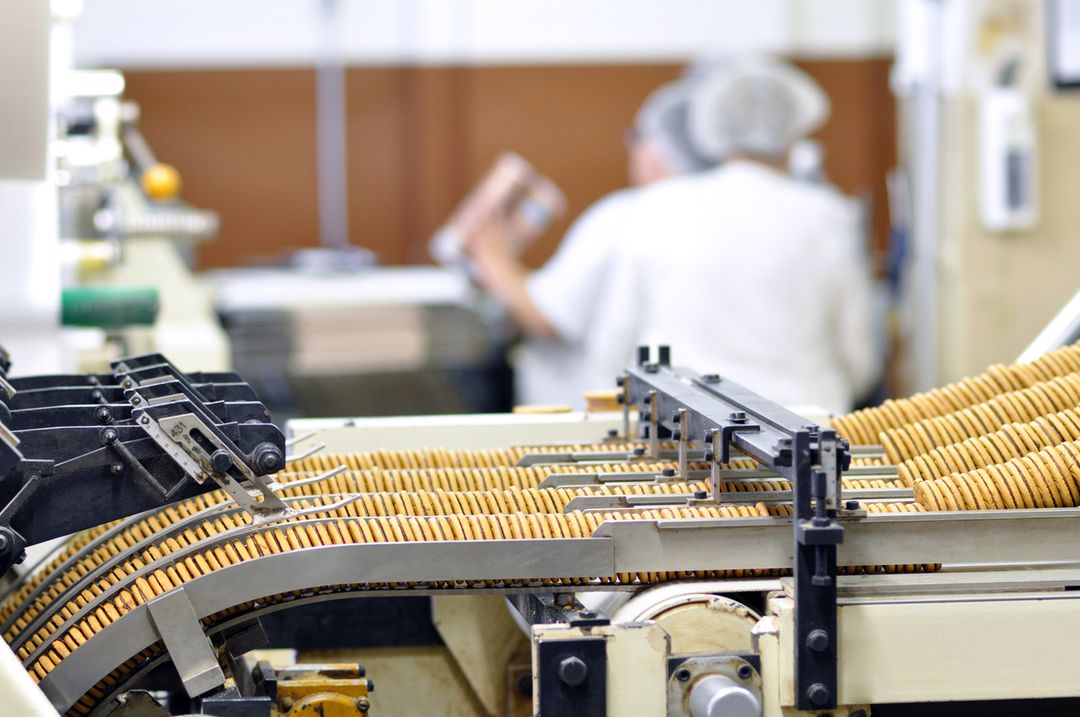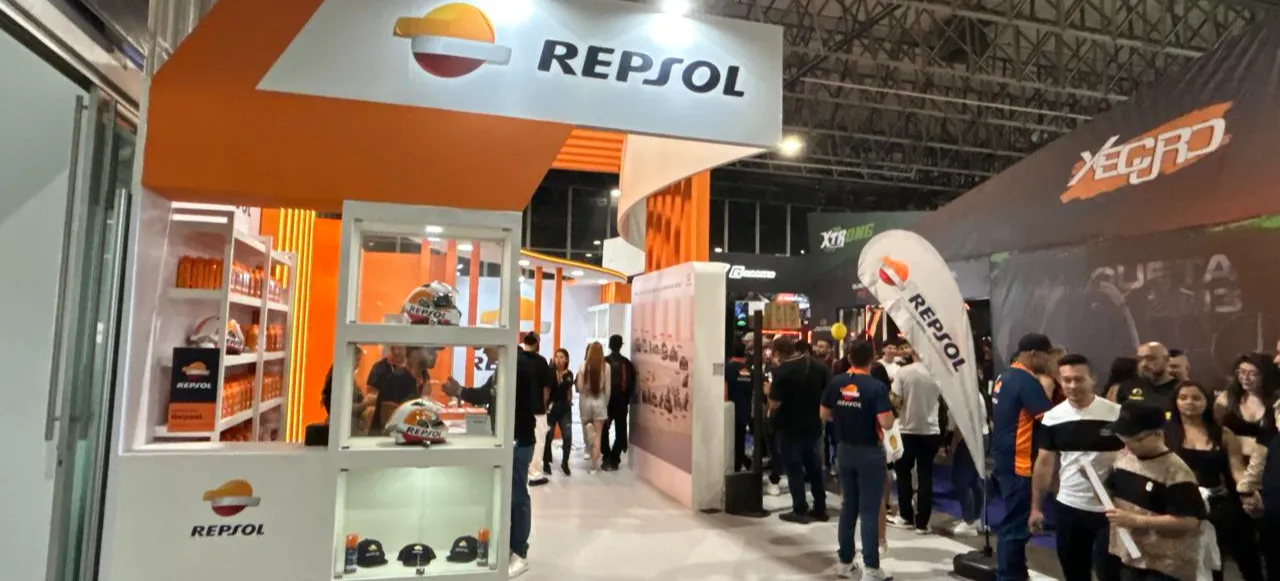Food grade lubricants: Repsol's commitment to safety and quality in the food industry

Security is one of the pillars of the food industry. From raw material to finished product, each production stage must ensure a maximum hygiene and quality. This is where the importance of the lubrication of machinery used in food processing resides, also known as food-grade lubricants.
What are food-grade lubricants?
Food-grade lubricants are oils and greases specifically conceived for their use in the food industry. These productions plants require pumps, mixers, tanks, chains or conveyor belts, among other equipment, which must operate under demanding conditions, such as varying temperatures or humidity. Consequently, these oils must be able to protect against wear, corrosion and build-up formation, whilst also having to comply with stricter regulations.
That's why, unlike conventional lubricants, these products have been formulated with ingredients approved by the Food and Drug Administration (FDA) and the National Sanitation Foundation (NSF), that set standards to guarantee their safety for food contact.
Repsol Maker FG for the food industry
Repsol, aware of such challenges, has developed the FG segment, specialized in food grade, now part of their Maker range of lubricants. These products, formulated with high quality synthetic and mineral bases and carefully selected additives, meet the NSF H1 category standards.
H1 lubricants are those that can accidentally come in contact with food. This means they can be used in equipment where there's a change, however remote, for lubricants to come in contact with food product. Their composition is thus limited to ingredients listed within the FDA's Code of Federal Regulations (CFR) 21, section 178.3570 .
The Maker FG range in particular includes oils for the following categories:
- Oils for hydraulic systems (Maker FG Hydraulic). These products, formulated with white mineral bases, offer a similar performance to traditional hydraulic oils, with the added security of being suitable for accidental contact with food products.
- Oils for gears (Maker FG Gear and Maker FG Gear Synth). Repsol offers two options for gears: Maker FG Gear, a semi-synthetic oil for moderate conditions and Maker FG Gear Synth, a poly-alpha-olefin synthetic oil (PAO) for harsh load and temperature conditions. Both offers great protection against wear and corrosion.
- Oils for chains (Maker FG Chain). This synthetic oil is designed for conveyor belts chains working in high temperature ovens (up to 240°C). Their special formula gives them excellent adherence, minimizing evaporation and protecting against wear and corrosion.
- Oils for guides (Maker FG Slideway). Formulated with Stick-Slip additives, this semi-synthetic oil is particularly suited for horizontal and vertical guides. Its resistance to sagging and corrosion makes it ideal for high temperature and humid environments.
- Greases for food applications (Maker FG Aluminum Complex and Maker FG Calcium Sulfonate). The FG Aluminium Complex, with a complex aluminum soap base and synthetic oil, is ideal for bearings working in a wide range of temperatures (-30°C a 180°C). The FG Calcium Sulfonate grease, with a complex calcium sulfonate soap and semi-synthetic oil, offers an excellent performance in high-load and humid environments (-30°C a 170°C).
Halal Certificate: an added value for the food industry
Repsol has received this year the Halal certificate for the Maker FG range (except hypercompressors), which is an important step towards their commitment to the food industry. This accreditation, given by the Halal Certification Services (HCSI), is a quality seal guaranteeing that the products respect islamic law.
The Halal certification process involves a rigorous audit by the HCS, which includes an inspection of the production facilities to verify the absence of pork and ethyl alcohol derivatives, that no non-Halal slaughtered animal products are used and to ensure that Halal products do not come into contact with food products. This accreditation allows Repsol to reach new customers in countries with Muslim population.
Related content




